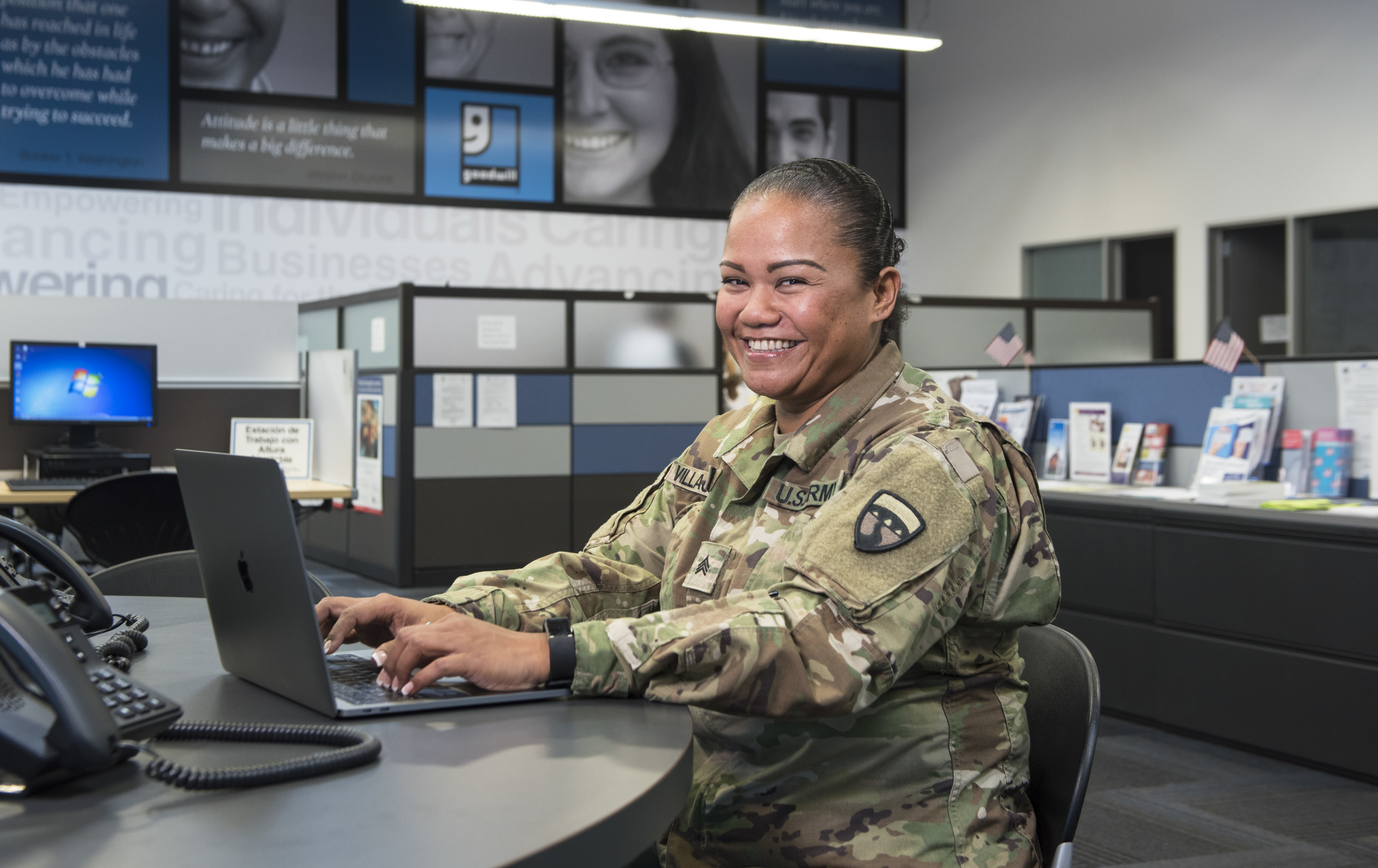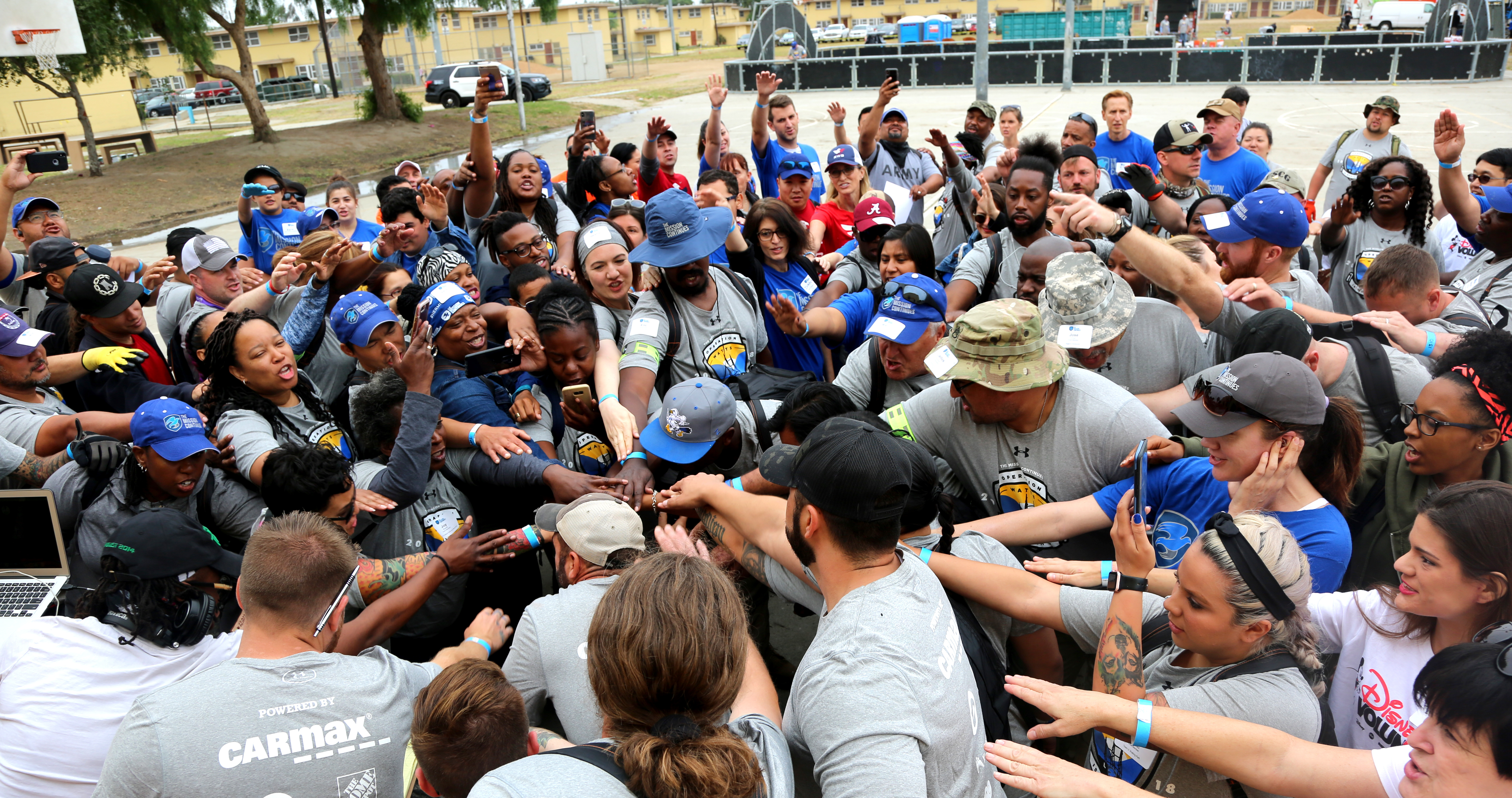Koret’s Veterans Initiative: Serving those who have served our country
Koret’s Veterans Initiative: Serving those who have served our country
In the spring of 2019, Koret launched a new grantmaking initiative to support local military veterans. We selected six high-performing organizations working to address key barriers for returning service members. Read how three of them are helping veterans as they rejoin civilian life in the Bay Area.
In the spring of 2019, Koret launched a new grantmaking initiative to support local military veterans. In this new initiative, several high-performing organizations were selected for their work in addressing key barriers for returning service members as they rejoin civilian life in the Bay Area.
We sat down with Koret President Michael Boskin to hear more about the vision behind Koret’s support for this important and often overlooked population.
Q: Why did Koret decide to make veterans issues a priority?
A: Veterans have given a lot for our country. Regardless of what one thinks about the propriety of recent conflicts, they are the ones who have defended the country and served us well, and many of them have come back home with physical and mental challenges. It’s our responsibility to help support them in dealing with the difficulties of re-integrating into civilian life.
I first became involved with veterans issues many years ago when my wife launched, with a little help from me, a program for wounded service members, originally for amputees and the blind, but quickly evolved to be specifically for veterans with PTSD, after it became clear that the concussive violence of improvised explosive devices (IEDs) in Iraq and Afghanistan made that the signature wound of these wars. Talking to and interacting with these veterans made me realize the serious issues they were and are facing. Through that work, I realized there were significant gaps in services for veterans by the government and other organizations. This round of grants is our initial attempt to invest in creative solutions to augment current services in the Bay Area.
Q: How do veterans’ issues in the Bay Area differ from elsewhere, and how will these grants address this?
A: There are tens of thousands of veterans in the Bay Area. Many of them are successful at rapidly re-integrating into civilian society, but tragically, many suffer mental health setbacks, remain out of work or even homeless in the Bay Area. The very high housing costs here, despite the Bay Area’s low unemployment rate and the demand for tech-sector jobs, means that you have to earn a fair amount just to be able to afford to live here. Many veterans are forced to move far away for affordable housing, which then makes it increasingly difficult to travel back to the Bay Area for work, healthcare, and other needs.
It’s important that we create opportunities to maximize veterans’ potential, and many veterans have great potential that has been interrupted. More and more, we’ve become aware of the obstacles returning veterans face in employment, medical care, and rejoining their community. We’re hoping to offset these barriers and expand veterans’ access to critically needed services. We hope to achieve better health outcomes, more and better jobs, and a better sense of community among and between veterans. Our grants aim to give veterans a helping hand in the right direction.
Q: What does success look like?
A: Koret’s mission is to strengthen the Bay Area community and our role is to help good organizations do important work. What Koret can do is to fund innovative solutions that help demonstrate effective ways to produce results that can serve as a model for organizations, individuals, and government programs through multi-year grants and evaluation. Shorter-term initiatives can blaze a trail for long-term solutions.
As a foundation, we can be nimble and take some risks with our funding, so we view this Veterans Initiative like social venture capital. And, as with all venture capital, at some point in time, programs will either prove successful – in which case there will be opportunities to expand – or unsuccessful – in which case we will have learned from the experience.
We started small, and narrow, to see what works. Over the next three years, we will evaluate what we’ve done to see if it makes sense to continue, expand, or collaborate with others to ensure government programs have fewer holes in their safety net for veterans.
To learn more about some examples of grants from Koret’s Veterans Initiative, check out the menu on the left.





